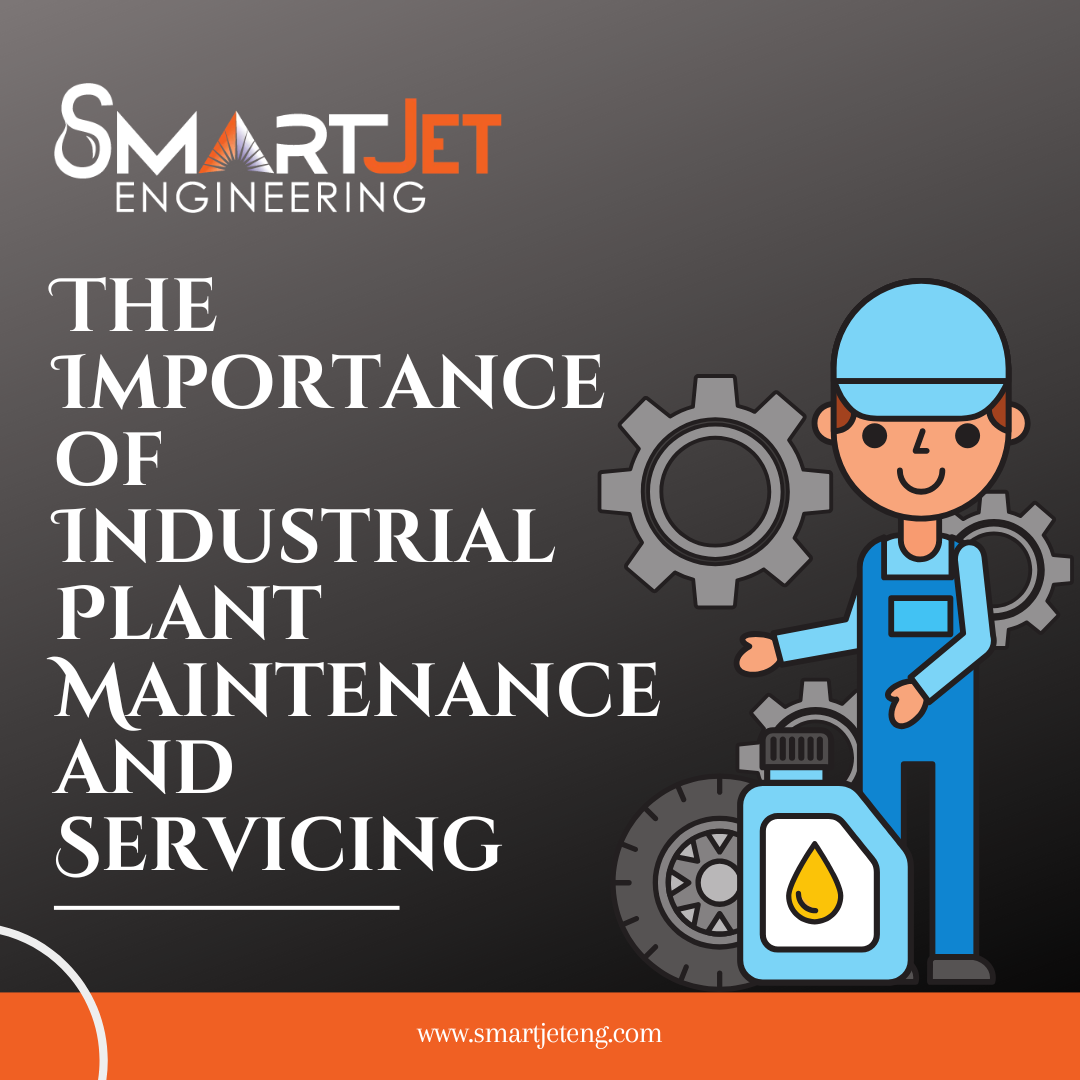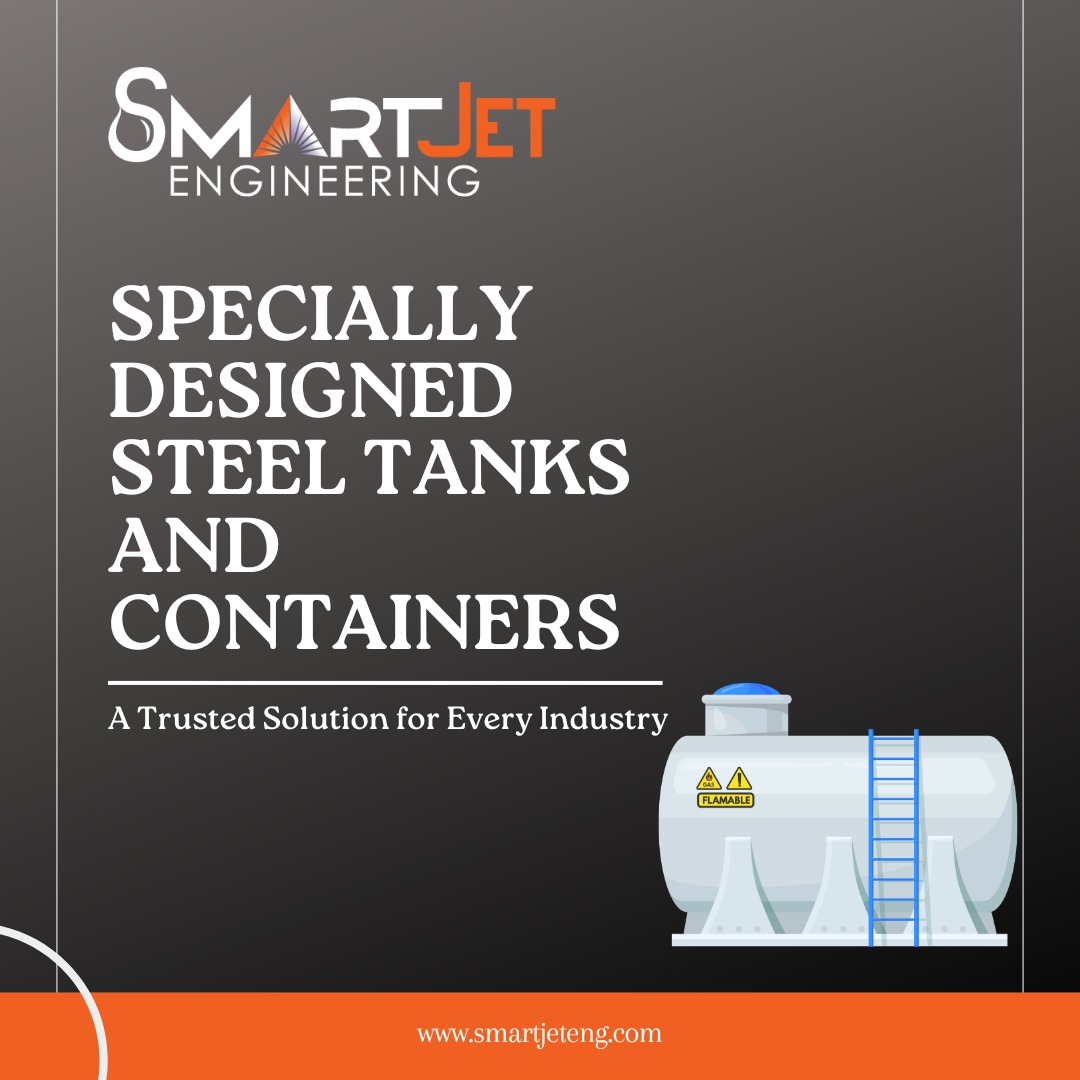Quality Control of Plant Fabrication and Construction
By - Admin

Quality Control of Plant Fabrication and Construction: Ensuring Excellence from Start to Finish
In industries that rely on precision and safety, quality control in plant fabrication and construction is paramount. Every structure, component, and system needs to meet strict standards to ensure operational efficiency, safety, and longevity. From the smallest weld to the largest steel beam, quality control ensures that every detail is meticulously inspected and verified.
Let’s delve into why quality control is essential, how it is implemented, and its impact on successful plant fabrication and construction projects.
What Is Quality Control in Plant Fabrication and Construction?
Quality control (QC) is the process of monitoring and verifying that all phases of plant fabrication and construction adhere to predetermined standards and specifications. This process involves rigorous testing, inspection, and documentation to ensure every component meets industry and regulatory requirements.
- Core Focus: QC is about preventing errors, minimizing risks, and ensuring that the final output meets or exceeds expectations.
- Applications: Found in industries like oil and gas, power generation, chemical plants, and manufacturing.
The Importance of Quality Control
Why is quality control such a crucial aspect of plant fabrication and construction? It goes beyond meeting deadlines or budgets—it’s about delivering safe and reliable systems that stand the test of time.
- Safety: Prevents structural failures or operational hazards that could endanger lives.
- Cost-Efficiency: Identifies potential issues early, reducing costly rework or downtime later.
- Compliance: Ensures adherence to local and international standards, such as ISO certifications or ASME codes.
- Reputation: Builds trust with clients by delivering high-quality, reliable projects.
Key Areas of Quality Control in Plant Fabrication and Construction
Effective quality control spans every phase of a project, from design to final inspection.
1. Material Inspection
- Verifies that raw materials meet the specified grade and quality.
- Ensures materials are free from defects such as cracks, corrosion, or improper dimensions.
2. Welding and Fabrication Checks
- Inspects welds for strength, alignment, and compliance with welding codes.
- Uses techniques like X-ray or ultrasonic testing to detect internal flaws.
3. Dimensional Accuracy
- Confirms that fabricated components meet design dimensions and tolerances.
- Prevents misalignments during installation that could compromise safety or performance.
4. Non-Destructive Testing (NDT)
- Includes ultrasonic, magnetic particle, or dye penetrant testing to identify hidden defects without damaging components.
- Essential for ensuring the integrity of critical parts.
5. Installation Quality
- Monitors on-site assembly and installation to ensure compliance with safety and design standards.
- Checks for proper alignment, secure fastenings, and accurate system integration.
6. System Testing and Commissioning
- Involves pressure testing, leak detection, and performance evaluations before handing over the plant to the client.
- Ensures that all systems function as intended under operational conditions.
Steps in the Quality Control Process
Implementing quality control requires a structured approach to ensure consistency and thoroughness:
- Planning: Develop a detailed QC plan outlining procedures, standards, and responsibilities.
- Inspection Points: Establish checkpoints at critical stages of fabrication and construction.
- Documentation: Maintain detailed records of inspections, tests, and certifications for accountability.
- Corrective Action: Address and resolve non-conformances immediately to prevent further issues.
- Final Audit: Conduct a comprehensive review to ensure all QC requirements have been met.
Modern Tools and Techniques in Quality Control
Advancements in technology have revolutionized quality control, making it more precise and efficient.
- Digital Twin Technology: Creates virtual replicas of plants to identify design flaws before fabrication begins.
- AI and Machine Learning: Predicts potential defects and optimizes QC processes.
- Robotic Inspections: Uses drones or robotic arms for safer and more accurate inspections in hard-to-reach areas.
Challenges in Quality Control and How to Overcome Them
Quality control is not without its challenges, but addressing them head-on ensures successful outcomes.
- Resource Constraints: Limited skilled labor or equipment can hinder thorough inspections.
- Solution: Invest in training and modern QC tools to bridge the gap.
- Tight Deadlines: Rushing projects can compromise quality.
- Solution: Incorporate QC planning into the project timeline from the start.
- Communication Gaps: Poor coordination between teams can lead to errors.
- Solution: Foster collaboration and clear documentation at every stage.
Conclusion
Quality control in plant fabrication and construction is the cornerstone of delivering safe, efficient, and long-lasting industrial projects. By implementing robust QC practices, companies can ensure every component meets the highest standards. For unparalleled expertise and commitment to excellence, Smart Jet Engineering is your trusted partner in achieving flawless fabrication and construction outcomes.
Related Blogs
Search
Popular Posts

The Importance of Ground Fuel Monitoring in Modern Aviation Operations
March 27, 2025

The Importance of Fuel Storage Tanks in Modern Aviation Operations
March 27, 2025

Why Testing and Commissioning is the Ultimate Step in Quality Control
January 29, 2025

Unlocking the Power of Flow Meters: The Critical Role of Calibration
January 29, 2025

Industrial Plant Maintenance and Servicing
March 22, 2025







